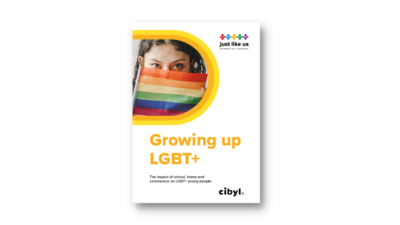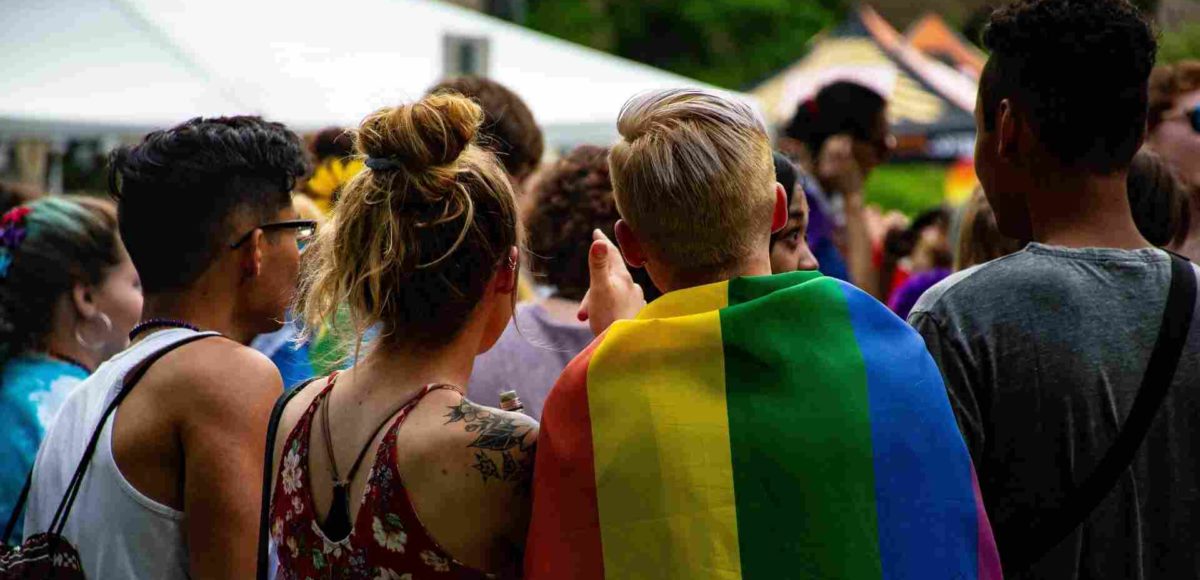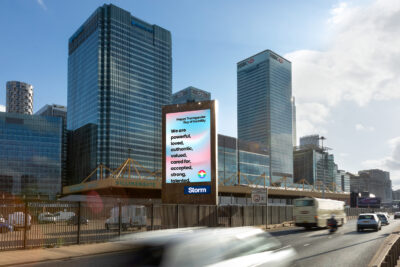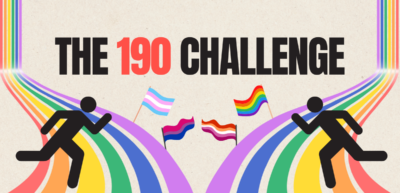
Bisexual young people disproportionately struggling with mental health
News

Bisexual young people are disproportionately more likely to report their mental health deteriorated during the pandemic, according to research by Just Like Us.
The independent research found that three quarters (74%) of bisexual young people reported their mental health had got worse since the pandemic began. This was higher than the average of 68% of LGBT+ young people and second only to young lesbians (78%).
In comparison, 49% of non-LGBT+ young people say their mental health has got worse.
Bisexual mental health
Alarmingly, more than half (54%) of bisexual young people reported that they felt lonely on a daily basis.
Meanwhile, six in ten (59%) pansexual young people report experiencing frequent tension in the place they’re living in.
A third (31%) of pansexual young people experience tension at home on a daily basis (e.g. arguments with family). This compares with one quarter (25%) of bisexual young people, which is also the average across all LGBT+ young people.
The research comes from Just Like Us’ Growing Up LGBT+ report, an independent study of 2,934 pupils aged 11-18 (1,140 of whom were LGBT+) across the UK, carried out between December 2020 and January 2021.
Bisexual and pansexual young people are also more likely to have experienced cyber bullying in the past 12 months.
More than a quarter (26%) of bisexual young people, and almost a third (31%) of pansexual young people said that this was the case, compared to 14% of gay boys and 21% of young lesbians.
Visibility of bisexual staff in schools
The report further highlighted issues when it comes to bisexual visibility of school staff.
Just 11% of bisexual staff are out at school, almost five times less than gay male staff members (51%). This figure was 42% for lesbian staff – while transgender staff (8%) are even less likely still to be out in school.
The research comes from Just Like Us’ Growing Up LGBT+ report, an independent study of 2,934 pupils aged 11-18 (1,140 of whom were LGBT+) across the UK, carried out between December 2020 and January 2021.
In addition, the report found that one in ten (10%) bisexual young people had experienced sexual harassment – higher than any other LGBT+ demographic surveyed.

